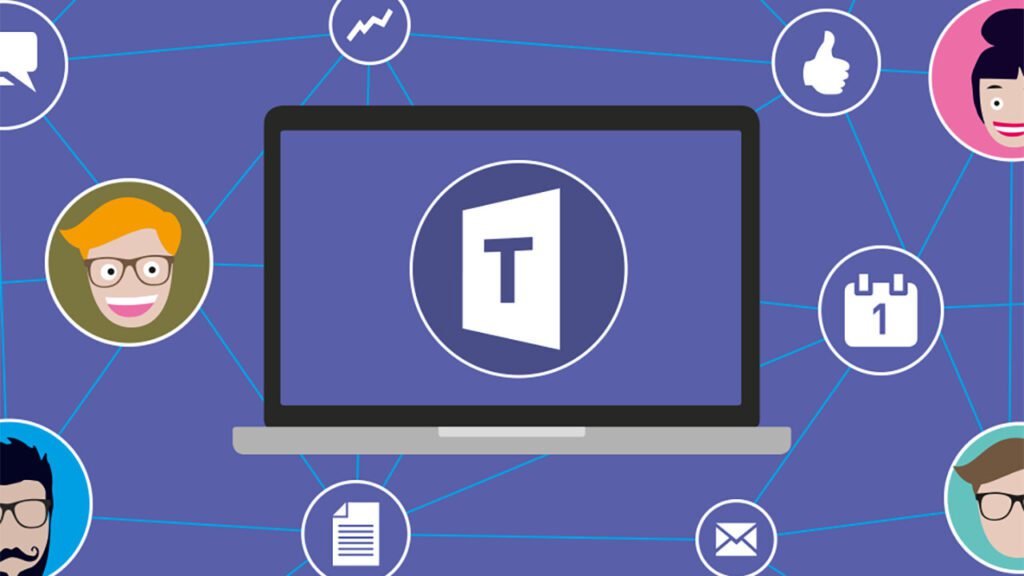Microsoft Teams: Native version for Apple M1 and M2 should also save power

Microsoft Teams for the M1 family and Apple’s new M2 processor should work more efficiently thanks to native support, saving energy, and extending battery life. After Microsoft had already published the first beta of the communication platform, the preview v1.5 for Apple Silicon has now been released.
Support for M1, M1 Pro, M1 Max, M1 Ultra, and M2
Although Teams version 1.5.00.17261 is designed exclusively for macOS on x86 systems and requires the proprietary Rosetta x86-64 binary translation on the M1 processor family and the new M2 processor, the preview v1.5.00.20352, the Exploration Build v1 .5.00. 20915 and the Development Build v1.5.00.20965 natively on Apple Silicon. Microsoft offers all three versions for you to download and try. Microsoft Teams for macOS and Apple Silicon
- Microsoft Teams v1.5.00.20352 – example build
- Microsoft Teams v1.5.00.20915 – build exploration
- Microsoft Teams v1.5.00.20965 – build development
However, with Teams’ final build for macOS and Apple Silicon, the company aims to take a little more time and complete the “switch” from x86 to Arm64 by September.
A higher return without Rosetta
By eliminating the compatibility layer, teams should work significantly more efficiently and with less power consumption, significantly improving battery life. All of Teams’ core processes, as well as the main program, support applications such as the GPU and rendering processes that now run natively on the Arm64 platform.
Only the [MSTeamsAudioDevice.driver] driver is still only available for x86 and has yet to be ported to Apple Silicon. Due to the native implementation, teams also require fewer CPU and clock cycles, which should also reduce power consumption and speed up program launch.
Digital marketing enthusiast and industry professional in Digital technologies, Technology News, Mobile phones, software, gadgets with vast experience in the tech industry, I have a keen interest in technology, News breaking.












